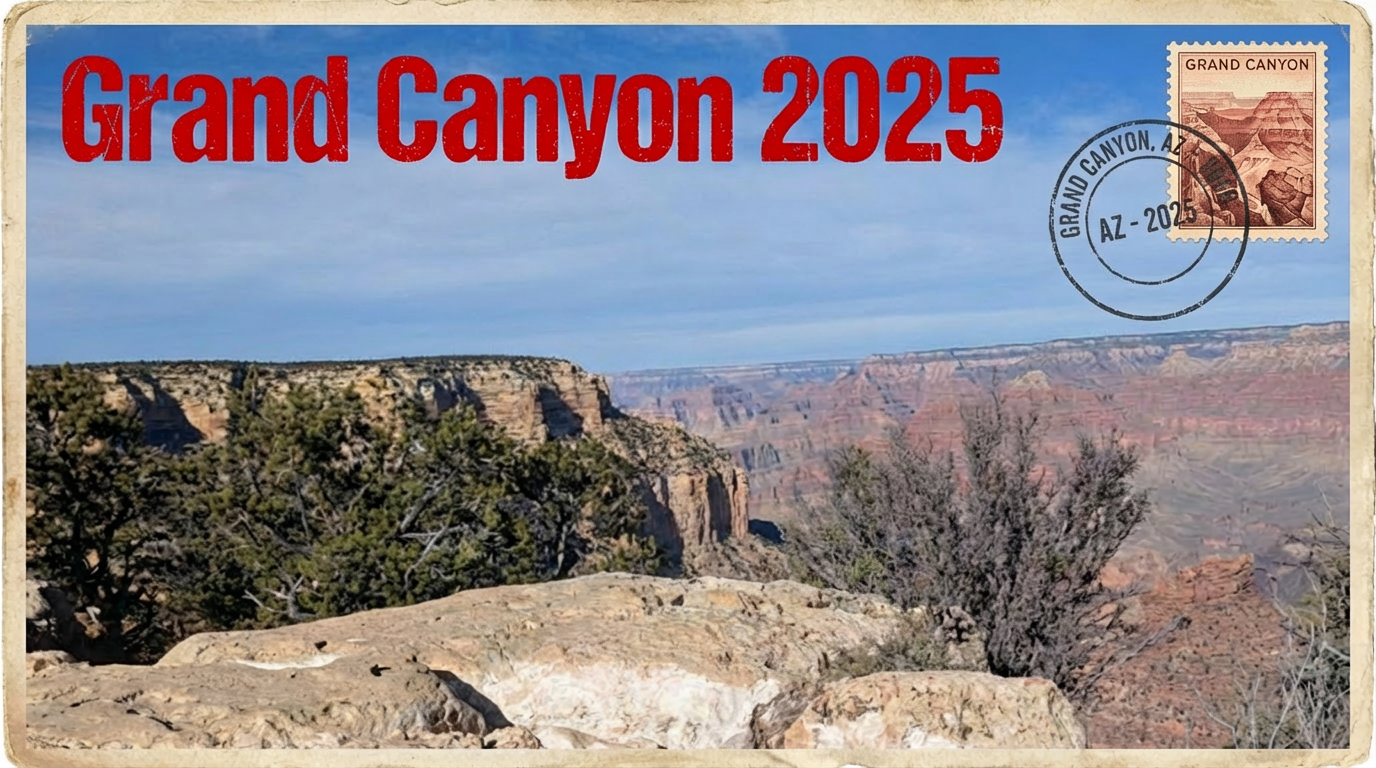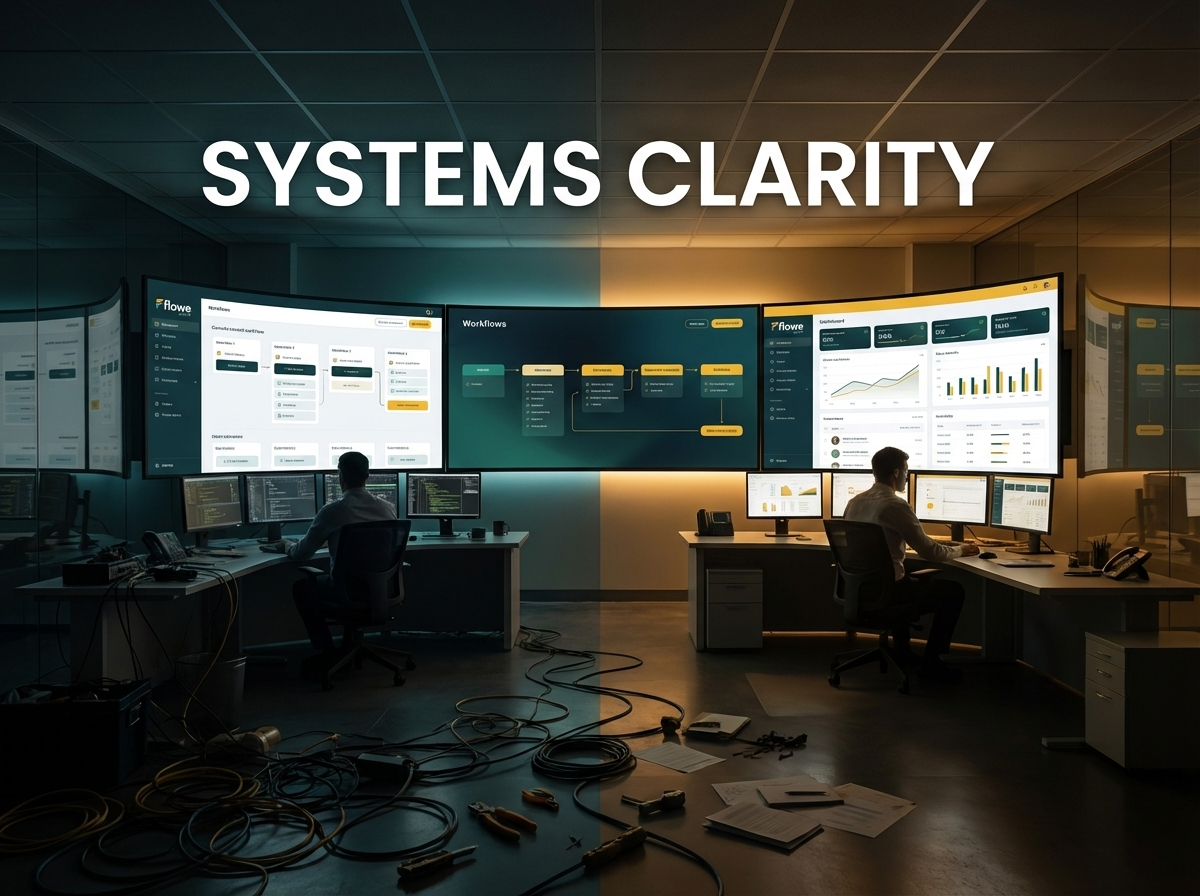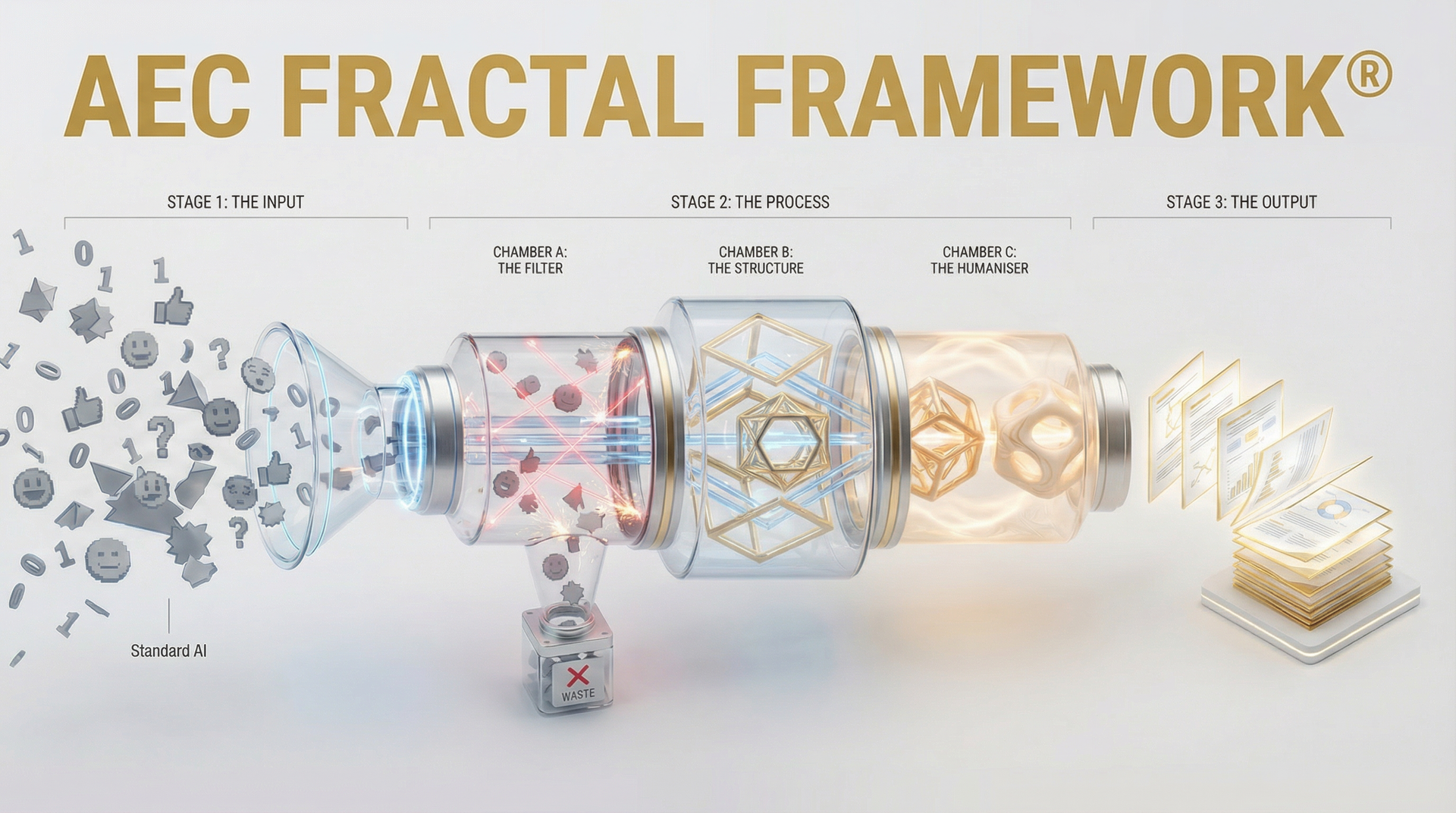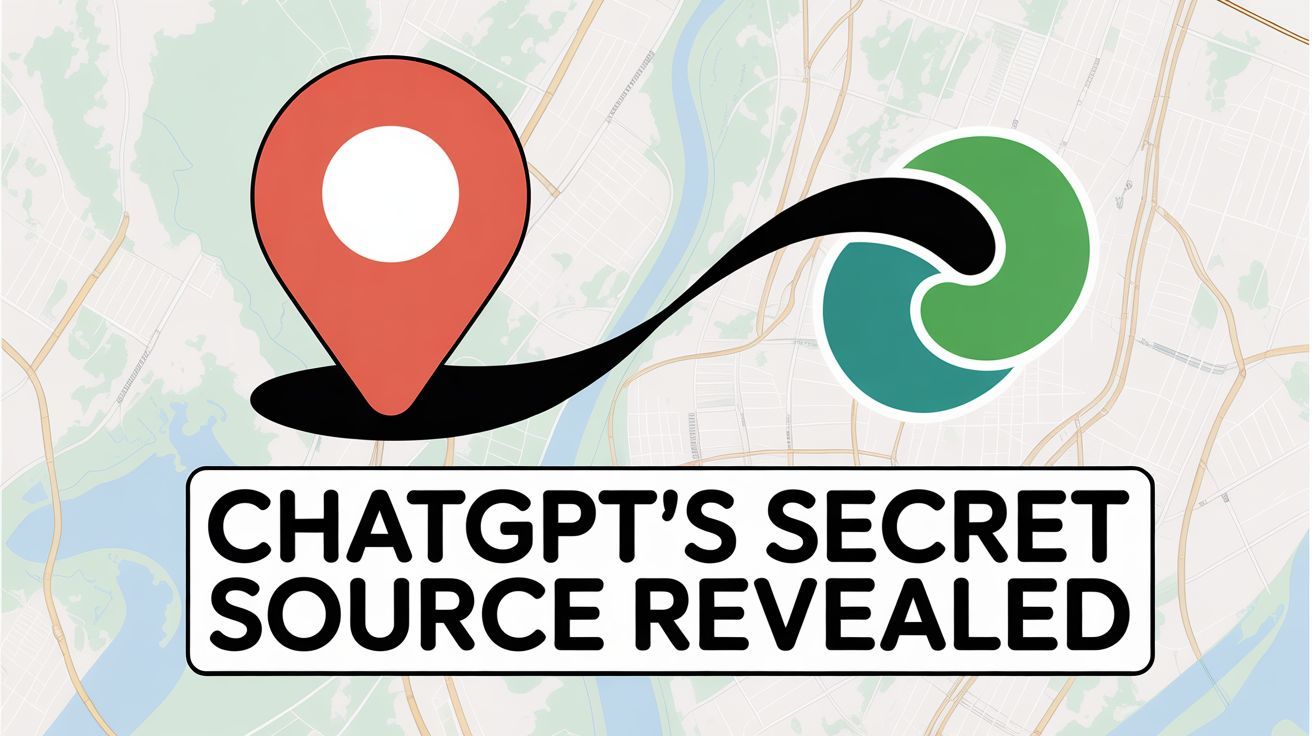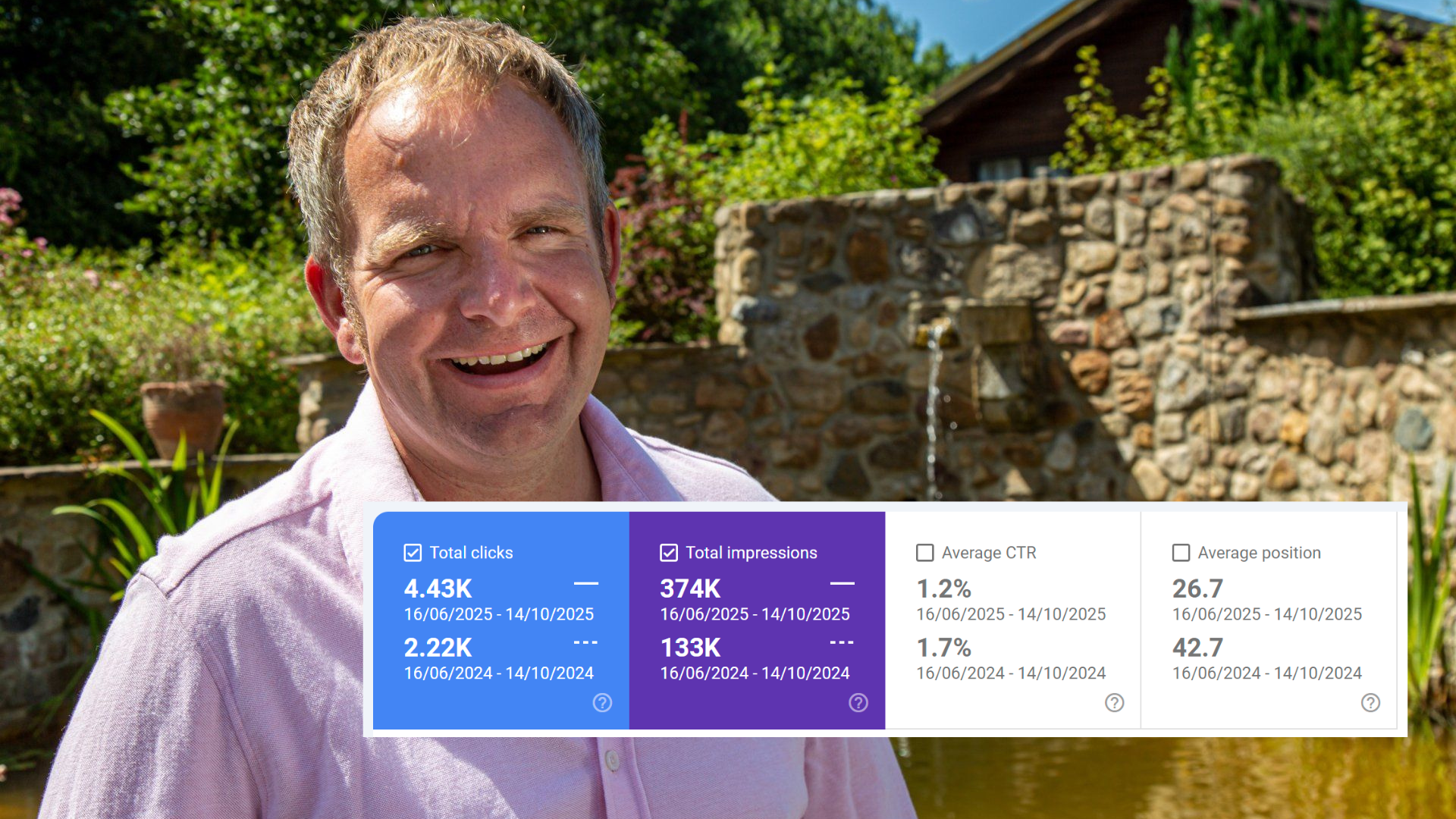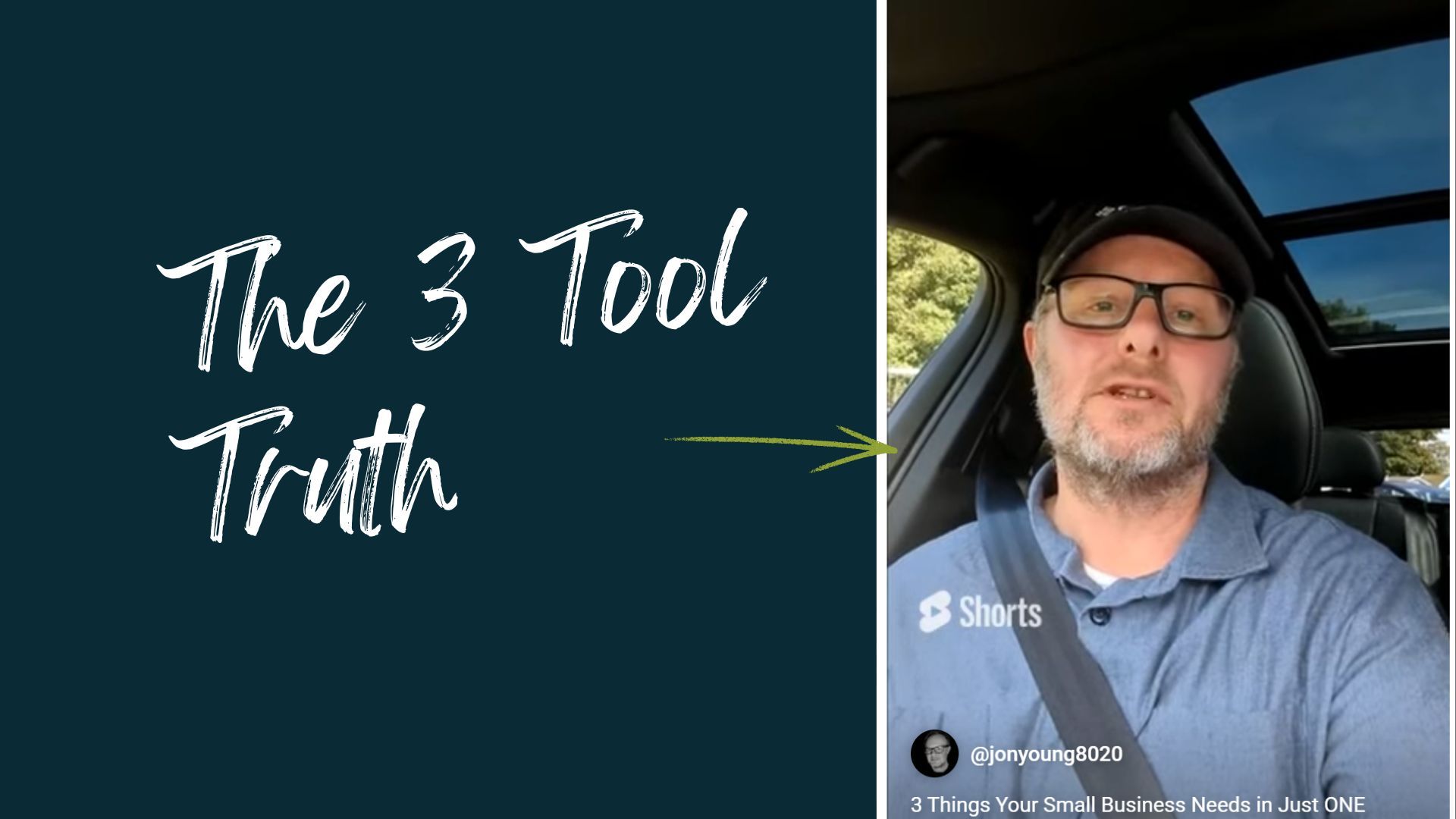How Catherine Saved Her Drug Testing Business When Deadlines Collided
Tuesday, September 22nd. Catherine's phone rings.
The voice on the other end delivers news that would make most business owners panic: "The grant deadline's been moved up. You now have 8 days instead of 3 months."
Catherine runs Lemon Cherry, a drug and alcohol testing company in Beverley, Yorkshire.
- The grant? Half the funding for expensive new testing equipment her business desperately needs.
- The application? A complex local government form with multiple 300-word sections requiring detailed justification for every penny.
Most business owners would have given up. Catherine had a different plan.
The Perfect Storm of Urgent Deadlines
Catherine's September was already chaotic. Earlier that month, she'd been offered a golden opportunity - presenting at a high-value networking event filled with potential clients.
The catch?
Condensing their comprehensive 2-hour presentation into 20 minutes, with specific topics dictated by the organisers.
"We literally had about an hour and a half to put this together," Catherine recalls. "We were trying to make our two-hour presentation fit their titles and into a 20-minute session."
Traditional approach: Hours of cutting, reshaping, and restructuring existing content.
Catherine's approach: "I said to Jon, we'll just use Decodefy. I'll tell it what the titles are and ask it to provide a structure for the 20 minutes."
Result: Complete presentation structure delivered in minutes.
"It basically just gave us it, and we both just went, wow. We stuck it on PowerPoint, added a couple of pictures, and it was done. It seriously saved us ages."
When 8 Days Becomes Mission Critical
But the real test came with that September 22nd phone call. The grant application Catherine had been planning to tackle over three months now had to be completed in 8 days.
"I'd seen the form and thought there's no way I could do that," she admits. "Local government doesn't want to give money freely - they asked so many questions, all with 300-word limits."
Instead of abandoning a potentially business-changing opportunity, Catherine turned to Decodefy again.
"I basically used Decodefy to write the whole grant application. Obviously I tweaked it - you can't just take it as read - but it handled all their questions."
The Unexpected Bonus: Strategic Insights
What surprised Catherine most wasn't just the time saved, but the quality of strategic thinking Decodefy provided.
"Some of the things it gave within the answers I hadn't actually thought about. It was giving me ideas to use later in the grant application - different slants to focus on, things I hadn't considered."
The AI wasn't just writing faster than Catherine could - it was thinking strategically about her business in ways that enhanced her own expertise.
Even the Hiccups Showed Intelligence
When Decodefy initially delivered content slightly over the 300-word limit, Catherine's correction revealed something remarkable about the system's responsiveness.
"I said 'this is 312 words, please rewrite,' and it said 'oh, I'm sorry, you are right. I'm having trouble with this' and just rewrote it with slightly fewer words."
The AI acknowledged its error, learned from the feedback, and immediately corrected course - exactly what you'd want from a collaborative writing partner.
The Bottom Line Impact
Presentation Creation:
- Traditional time: 6-8 hours of restructuring existing content
- Decodefy time: 90 minutes total (including PowerPoint formatting)
- Time saved: 4.5-6.5 hours
Grant Application:
- Traditional time: 20-30 hours over several weeks
- Decodefy time: Completed in available 8-day window
- Outcome: Application submitted on time (would have been impossible otherwise)
Strategic Value:
- Enhanced application quality through AI-generated insights
- Professional presentation structure tailored to specific requirements
- Zero compromise on quality despite extreme time constraints
The Transformation
Catherine's experience illustrates the fundamental shift Decodefy creates for business owners.
Instead of choosing between quality and speed, or between business opportunities and time constraints, she could say yes to both.
"There's no way I would've done that grant application in the time restriction I had," she reflects. "It was brilliant."
Two high-stakes situations. Two impossible deadlines. Two successful outcomes that wouldn't have happened without Decodefy transforming time pressure into competitive advantage.
For Catherine's drug testing business, Decodefy isn't just a writing tool - it's the difference between missing opportunities and seizing them, between being limited by time and being empowered by it.
Ready to turn your next impossible deadline into your next business win?
Jon Young
AI marketing expert who cuts through the rubbish to give local business owners what actually works. Co-founder of FloweMedia and creator of the AEC Fractal Framework™. Obsessed with giving you 40 hours monthly back from admin chaos so you can focus on what matters: growing your business and having a life.


